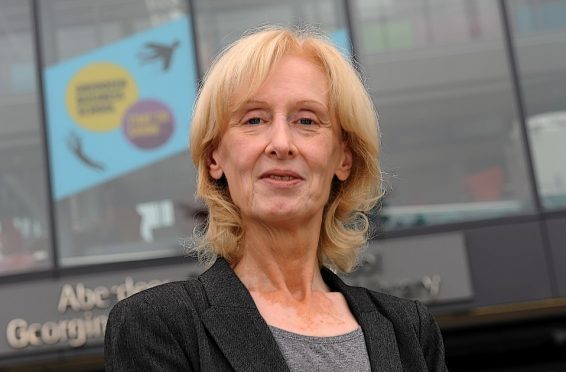This has been a busy and exciting few weeks in terms of British politics with a new Labour leader – if very definitely not a New Labour leader – Jeremy Corbyn taking his seat formally in the House of Commons following his landslide leadership election victory, alongside a major bill to tighten rules on trade union powers passing its first hurdle in a second reading and debate in the House.
Mr Corbyn participated in his first Prime Minister’s Questions as Shadow leader in a very courteous and non-combative style. However, it was also the week where he has been the subject of vocal media and public criticism for failing to sing along to the national anthem.
While media interest in Mr Corbyn and his style of leadership is very high, of more lasting and critical significance is the Trade Union Bill.
I should preface my words with the statement that I have been a member of a trade union all of my working life and that I regard myself as a reasonable and rationale person who will reflect carefully on issues and form an opinion that will be personal yet driven by a concern for the workforce and the company or organisation employing the workforce.
I believe that one could say the same of the majority of trade union members.
Much of the commentary on the Trade Union Bill has been emotive in terms of language and ideologically inflected. It is described in words like ‘draconian’, ‘vindictive’, ‘fascist’ and a ‘radical crackdown’ and even Business Secretary Sajid Javid used emotive terms when he defended the Bill as ‘not a declaration of war’ on the unions.
The debate was a very lively one with over 60 MPs speaking passionately and the Bill itself was not passed until after 10 p.m. Voting fell around party political lines, with Conservative members supporting and Labour and the SNP opposing.
On the principle of rational reflection then let us consider the terms of the Bill in a little more detail. The most contentious terms of the bill include:
– The introduction of tighter rules and two tests of the legitimacy of strike action. There must be a minimum 50% turnout of those eligible to vote in strike ballots for its results to be considered legitimate. Secondly 40% of those eligible to vote must vote for the strike if the strike affects essential services such as health and transport.
– All unions must ask members every 5 years whether they wish to pay the political levy which supports a political party, usually the Labour Party.
– intimidatory picketing to become a criminal offence.
– unions required to re ballot every four months on ongoing strike action.
– employers to be able to employ agency staff to replace staff on strike
– the system whereby Union fees can be collected directly from salary to be ended
– powers to fine unions to be enlarged.
Eventually the Bill passed in this second reading, by 33 votes and will now go to Committee for detailed scrutiny before being considered by the House of Lords and returned to the Commons for a final vote.There is therefore some time for more thoughtful and extended consideration by interested parties and the general public.
This is a significant Bill. It does target some long established rights. It does potentially weaken a set of organisations that have sought to improve working conditions over many years and we should be mindful of the fact that working conditions can and have been wretched not just in remote parts of the world but also here in Britain.
The unions were instrumental in introducing and extending workers’ rights to annual leave, to the working week, to parental leave amongst others.
Would these changes be excessive? They would certainly result in a higher threshold for legitimacy than for other forms of democratic election, where there is no requirement to achieve a certain bar. This highlights a serious concern around low voter turnout in elections which has steadily worsened in recent years.
Ironically of course what this Bill might ensure is that greater numbers of union members actively vote recognising not only the power of their actual vote but also the increased significance of an abstention. Equally the Bill would create a greater requirement for members to actively buy into membership rather than simply passively remaining a member – as so many of us do with our banks for example!
While one can recognise that a society and economy dominated by unions is undesirable, it is equally the case that unions and union membership have helped to provide protections for workers and create rules within which conversations can take place between employers and employees on a cooperative basis. Any country should guard against threats to the benefits that can be achieved in any balance of powers.
Most certainly the Bill has raised awareness of and increased debate about trade unions and their role in a healthy democracy.
Pope Francis has described trade unions as ‘an essential force for social change without which a semblance of a decent and humane society is impossible under capitalism’.
